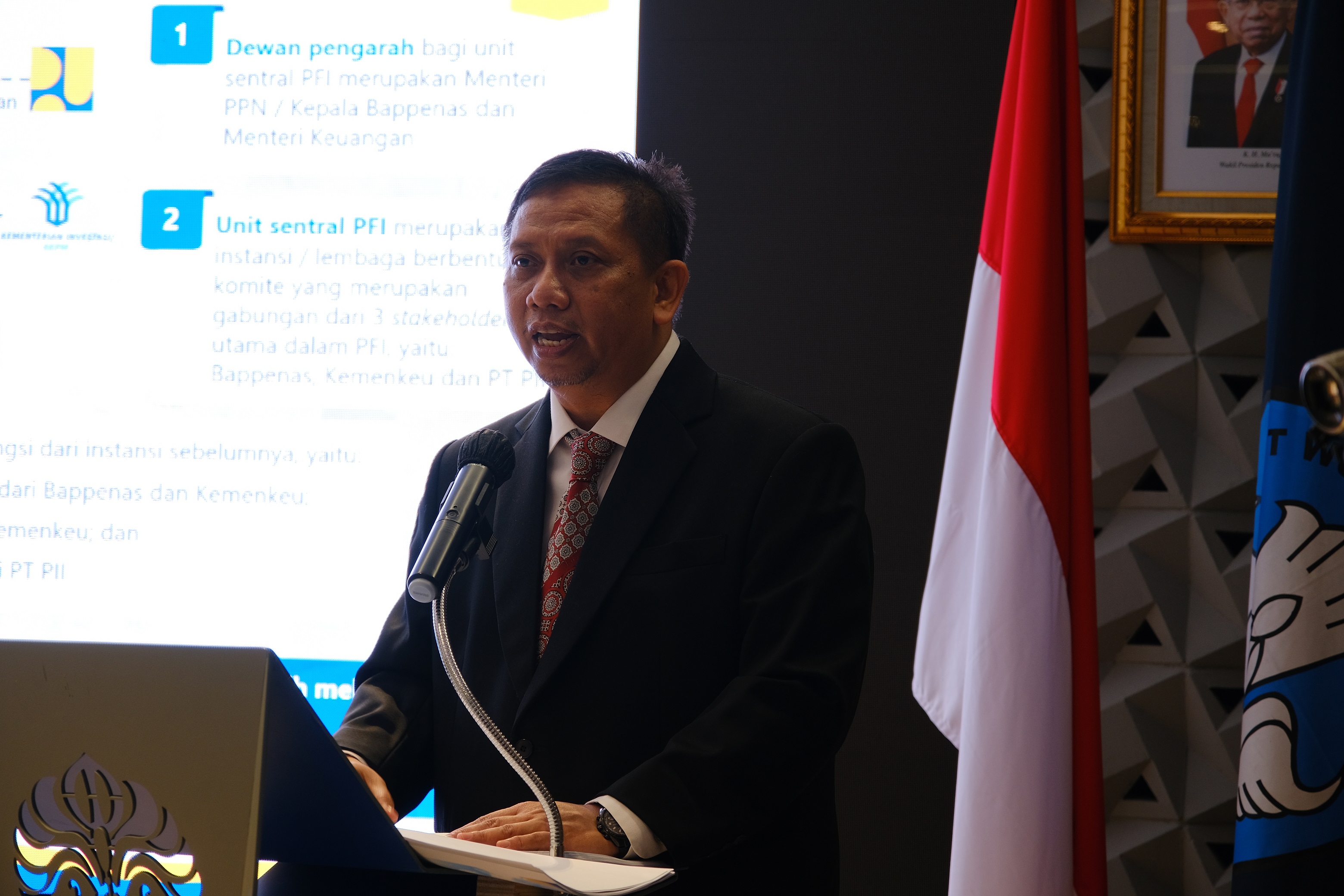The world’s population in 2020 reached 7.7 billion people and is predicted to touch 8.5 billion by 2030, according to the official United Nations website. The population growth with static land has an impact on the housing backlog problem which is quite significant. Likewise, Indonesia, one of the countries with the largest population in the world, experienced backlog problems in 2020 reaching 13.7 million units.
Based on data from the Central Statistics Agency (BPS), Indonesia has approximately 270 million citizen. This figure will increase in 2035, thanks to the demographic bonus of the population, which will reach 305 million. Among them are job seekers, who contribute to the high rate of urbanization in the urban workforce. In 2020, 56.7% of Indonesia’s population lives in urban areas, with 60.93% of that number being informal workers with non-fixed income.
This condition creates problems in the provision of housing. Those with irregular incomes will always face obstacles in getting credit from financial institutions to own a house. Moch. Yusuf Hariagung raised this issue in his dissertation at the Civil Engineering Doctoral Program, Faculty of Engineering, Universitas Indonesia (FTUI), entitled “Institutional Development of Housing Provision for Non-Fixed Income Workers in Urban Indonesia Through the Establishment of a Private Finance Initiative (PFI) Central Unit in Reducing Housing Backlog”.
“The lack of adequate housing provision also has an impact on increasing slum areas in urban areas. The Ministry of Public Works and Public Housing (PUPR) is only able to meet 30% or around 400,000 units per year of the public housing infrastructure needs. This figure is still far from the housing needs of 1.46 million units per year in Indonesia. To immediately address this, it is necessary to have alternative funding from the private sector or business entities in the provision of housing infrastructure. One of the alternative funding schemes that can be adopted in Indonesia is the Private Finance Initiative (PFI),” said Yusuf.
According to him, the PFI institutional model is the most effective model as an institutional model that will be developed and included as a PFI central unit in the government system to increase the effectiveness and efficiency of the bureaucracy in Indonesia. The existence of a central unit in the PFI project institution is a solution to integrate the long bureaucratic process in the implementation of infrastructure investment in Indonesia.
“The proposed PFI central unit will have several functions, namely, facilitating technical preparation of project preparation documents, project guarantees, forms of government support for projects, forms of coordination of government support for local governments, assistance in procurement processes for private parties, and facilitating coordination between stakeholders and candidates. investors,” said Yusuf regarding the proposed function of the PFI central unit.
He revealed that the most appropriate form of housing for people with non-fixed income is rental flats and not landed houses. This is to avoid the risk of default in the future. The presence of PFI as a guarantee institution for the provision of livable housing increases their bankability to obtain home loans. This scheme is also a form of creative financing that will transfer risk from the government to business/private entities and has the potential to reduce the duration of planning by increasing the effectiveness of project implementation.
Through this scheme, it is hoped that the provision of flats through the PFI institution guarantee can reach 200,000 units per year with an increase in private investment of as much as 30%. This figure adds to the contribution of providing housing units by 33.4% of the existing needs. The success of providing housing for non-fixed income people in urban areas has an emphasis on the success factor in the effectiveness of provision of facilities from the local government even though the flats were built by the Ministry of PUPR.
“Hopefully in the future this PFI scheme can be used by the Indonesian government to encourage the private sector to invest their funds in projects that have a good return on investment. As we know, the role of the private sector in the provision of housing in Indonesia is still very minimal. The PFI scheme itself has been used by the UK and Australia to overcome the housing backlog in the two countries,” said the Dean of FTUI, Prof. Dr. Heri Hermansyah, ST., M.Eng., IPU., while chairing the promotion trial for Doctor Moch. Yusuf Hariagung.
Yusuf won a Doctorate degree with Cum Laude predicate at the Doctoral Promotion Session held by the Faculty of Engineering, University of Indonesia, on Tuesday (22/3). He is the 449th Doctorate at FTUI. The doctoral promotion session was led by the Chair of the Session, Prof. Dr. Heri Hermansyah, ST., M.Eng., IPU. with the Promoter, Prof. Dr. Ir. Yusuf Latif, M.T. and Co-Promoter, Dr. Achmad Jaka Santos Adiwijaya, S.H., L.L.M. The Examiner Team consisted of Ayomi Dita Rarasati, S.T., M.T., Ph.D., Dr. Ir. Herry Trisaputra Zuna, S.E., M.T., Ir. Akhmad Suraji, M.T., Ph.D., IPM, Fadhilah Muslim, S.T., M.Sc., Ph.D., DIC and Leni Sagita Riantini, S.T., M.T., Ph.D.
***
Public Communication Bureau
Faculty of Engineering, Universitas Indonesia

